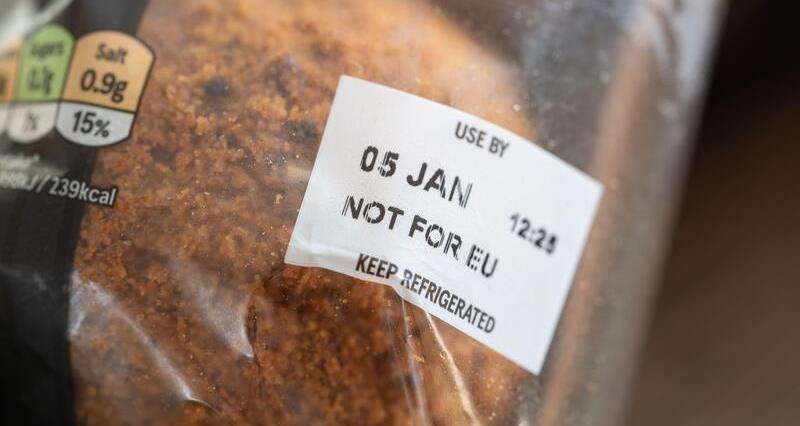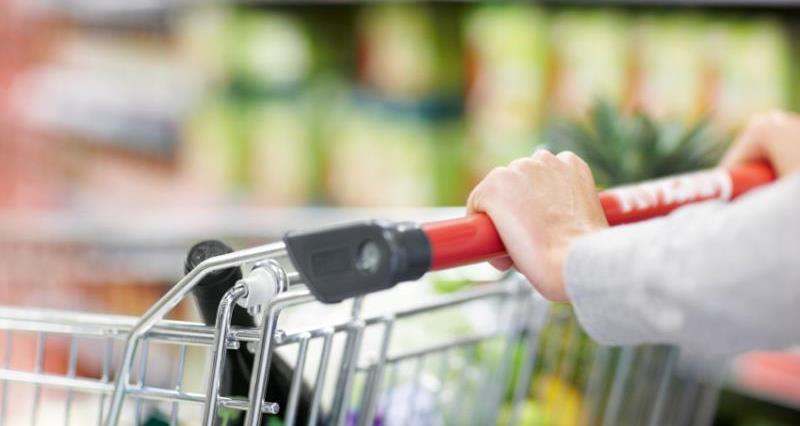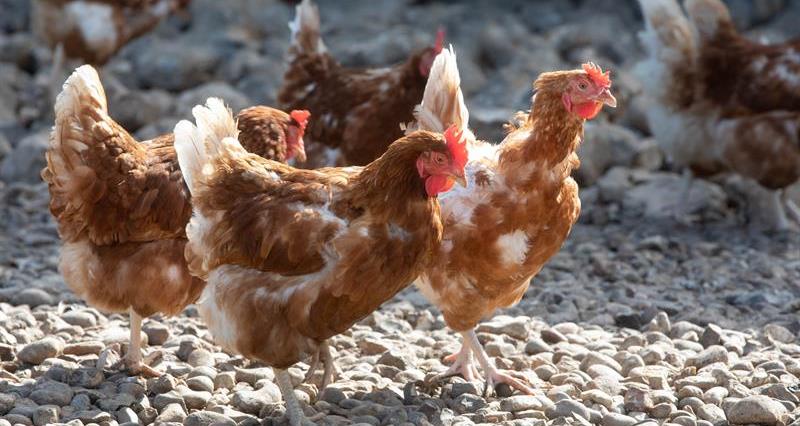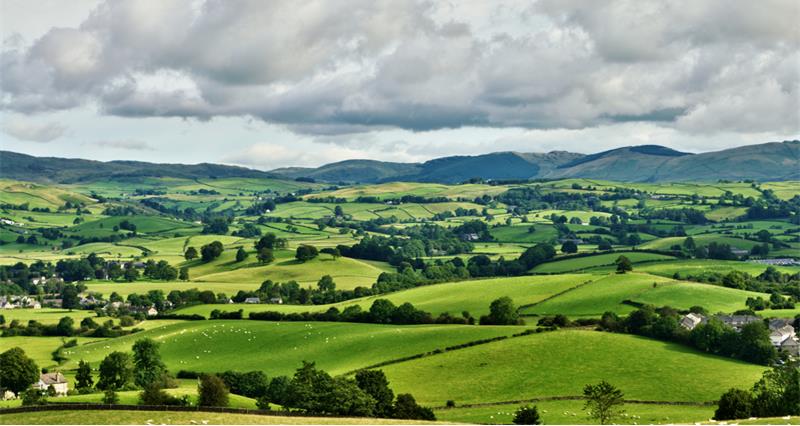‘Not for EU’ labelling requirements may soon apply to a range of food products sold across Great Britain.
Under the Windsor Framework Agreement, which regulates the movement of goods between Great Britain and Northern Ireland, agri-food goods sold in Northern Ireland must be labelled ‘not for EU’. This labelling doesn’t mean that these items don’t meet EU standards, it is designed to ensure frictionless trade in food products between Great Britain and Northern Ireland.
The previous UK Government proposed the implementation of ‘Not for EU’ labelling across the whole of the UK, which would need to be displayed on a range of agri-food products, irrespective of if they have been produced in Great Britain or imported from abroad.
“We have concerns that the government’s proposal could cause real confusion for shoppers and lead to misconceptions about the high-quality food produced here, as they will understandably question why it can’t be sold in the EU.”
NFU President Tom Bradshaw
NFU’s response
NFU President Tom Bradshaw said: “The NFU has always championed simple and clear labelling so people can make informed decisions about what they’re buying.
“We have concerns that the government’s proposal to extend the ‘Not for EU’ labelling across the entire GB market could cause real confusion for shoppers and lead to misconceptions about the high-quality food produced here, as they will understandably question why it can’t be sold in the EU.
“As well as this, proposals would add further costs and burdens on suppliers and the food supply chain and could create trade barriers.
“That’s why we’re asking the government to consider alternative approaches, such as improving of the functionality of the Windsor Framework and offering support for GB suppliers to do business in Northern Ireland.”
What you can do
- Buy British as much as possible. Always look out for the Union flag and the country of origin on the packaging.
- Be sure to look for Red Tractor logo, as this guarantees that the food and drink that you are buying is traceable, safe and farmed with care. Combined with the British flag, it’s a sure way to know the produce can be traced back to British farms.
- When buying eggs, look out for the British Lion mark or Laid in Britain logo to ensure the eggs you’re buying are British and are safe to eat.
- Another label to look out for is the Quality Standard Mark scheme for beef and lamb. This provides you with high levels of assurance about the meat you buy. It is independently inspected from the farms the livestock were reared on through to the shops and restaurants it is sold in. The label provides you with a provenance guarantee so you can be certain where it came from.
- You can enjoy fresh, quality produce by buying seasonal food, and it’s a great way to back British farming. Our interactive Seasonal Guide to British fruit & veg is a handy tool to help you find out when British fruit and veg is in season and available to buy.
- Join our community of 500,000 like-minded British food and farming campaigners and sign up to be a Back British Farming supporter.



